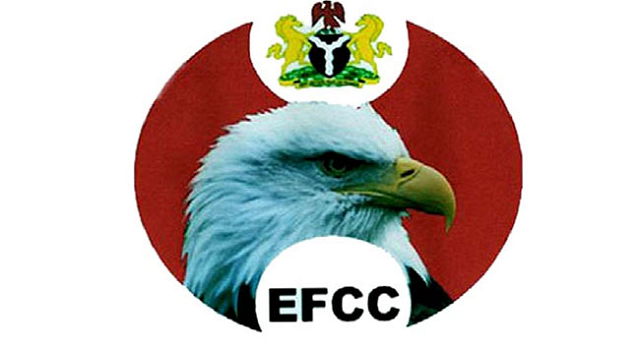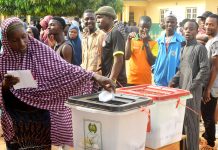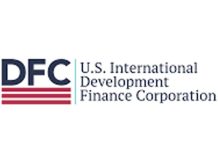The Economic and Financial Crimes Commission (EFCC) is currently delving into the investigation of a substantial sum totaling $347 billion, which was allocated to companies in Nigeria between January 2014 and June 2023.
Recent findings indicate that the anti-graft agency has broadened its scrutiny of forex allocations to include foreign firms operating within Nigeria. Analyzing data from the Central Bank of Nigeria (CBN) on Wednesday, It was revealed that local and foreign companies in Nigeria received a minimum of $347.49 billion from the apex bank during the 10-year period, for servicing their foreign exchange requirements and obligations.
The data, obtained from the sectoral utilization of the CBN’s forex data, sheds light on how foreign exchange is allocated and utilized across various sectors or industries of the economy.
This development unfolds against the backdrop of the EFCC’s ongoing investigation into forex allocations to the Dangote Group and 51 other companies under the former Governor of the Central Bank of Nigeria, Godwin Emefiele.
EFCC is focusing on these 52 companies due to their significant share of the $347 billion within the specified timeframe. However, the exact amount received by these top 52 recipients of forex allocation under Emefiele’s tenure is yet to be ascertained.
Examining the CBN’s quarterly statistical bulletin, it was observed that sectors benefiting from forex allocation under the import category included industrial, food products, manufactured products, transport, agriculture, minerals, oil, communication, construction, education, environment, financial, health, social services, tourism, travel, recreational, cultural, and sporting services.
A yearly breakdown of the allocation showed disbursements of $65.99 billion in 2014, $44.6 billion in 2015, $25.5 billion in 2016, $27.64 billion in 2017, $40.81 billion in 2018, $43.99 billion in 2019, $28.24 billion in 2020, $16.4 billion between January 2021 and September 2021, $17.38 billion between October 2021 and March 2022, and $36.88 billion between April 2022 and June 2023.
The industrial sector received the highest forex allocation under the imports category, amounting to $69.71 billion, followed by food products ($24.88 billion), manufactured products ($32.73 billion), transport sector ($6.67 billion), agricultural sector ($2.83 billion), minerals ($2.88 billion), and oil sector ($37.46 billion).
In the invisible category, financial services topped the list with a forex allocation of $136.54 billion, followed by business services ($13.47 billion), communication services ($3.08 billion), construction and related engineering services ($147.71 million), distribution services ($257.99 million), education services ($4.98 billion), environmental services ($40,000), health-related and social services ($31.03 million), tourism and travel-related services ($721.54 million), recreational, cultural, and sporting services ($3.18 million), transport services ($7.32 billion), and other services not included elsewhere ($3.79 billion).
The EFCC’s investigation into forex allocations to companies intensified on January 4, 2023, with the agency visiting the headquarters of Dangote Industries Limited in Ikoyi, Lagos. This forms part of the ongoing probe into alleged forex allocation abuses by Emefiele during his tenure as the apex bank governor.
Emefiele’s activities are currently under investigation by Special Investigator Jim Obazee, appointed by President Asiwaju Bola Tinubu in July 2023. Obazee submitted the investigation report in December 2023.
Reports indicate that 52 companies have been directed to submit documents supporting the allocation and utilization of forex obtained at official rates in the last decade. The EFCC has specifically requested Form A and Form M, detailing forex allocations between 2014 and June 2023.
Earlier denials from Dangote Industries in November 2023 refuted allegations of involvement in forex malpractices amounting to $3.4 billion. The conglomerate stated that funds were not funneled to non-Nigerian subsidiaries, emphasizing compliance with CBN approvals and international standards.
Dangote Group affirmed its commitment to cooperation with the EFCC, stating, “We remain committed to providing the EFCC with all necessary information and cooperation.” Some companies affected by the EFCC’s directive have complied, while others have requested additional time to gather the required documents.













